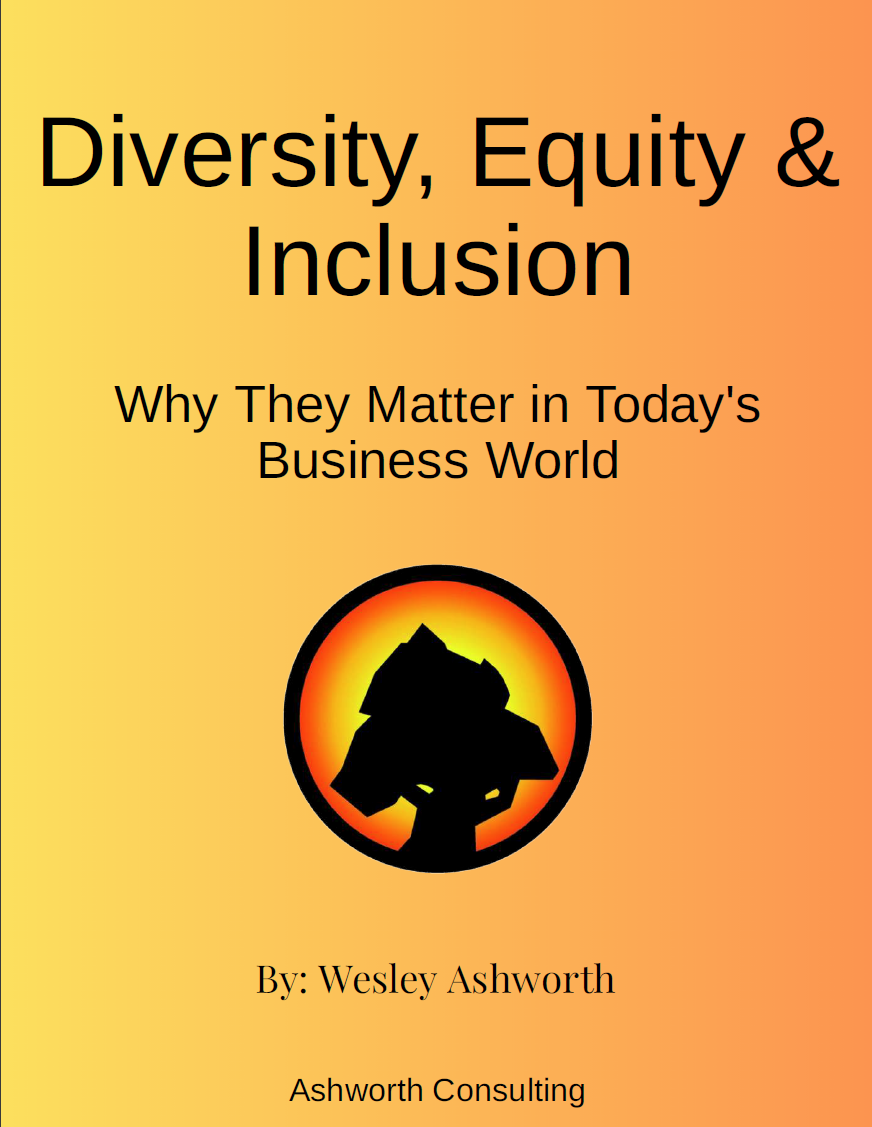Diversity, Equity & Inclusion: Why They Matter in Today’s Business World
In the modern business landscape, the terms Diversity, Equity, and Inclusion (DEI) have transitioned from mere buzzwords to foundational principles. As organizations worldwide strive to create more inclusive environments, it’s essential to understand why DEI is not just a moral imperative but also a strategic one. Let’s explore the signicance of these principles in today’s business world.
1. A Reflection of the Global Market
Today’s market is global. Businesses interact with diverse clients, partners, and consumers from various backgrounds, cultures, and experiences. A diverse workforce mirrors this global market, enabling companies to understand and cater to a broader range of needs, preferences, and perspectives.
2. Enhanced Creativity and Innovation
Diverse teams bring a myriad of viewpoints to the table. This diversity of thought leads to more creative solutions and innovative approaches to challenges. When employees from different backgrounds collaborate, they challenge each other’s ideas, leading to better problem-solving and out-of-the-box thinking.
3. Improved Financial Performance
Numerous studies have shown a positive correlation between diversity in leadership roles and nancial performance. Companies with diverse executive boards often outperform their peers in protability. This is a testament to the broad range of skills, experiences, and perspectives that diverse leadership brings.
4. Talent Attraction and Retention
Top talents today prioritize workplaces that champion inclusivity and diversity. By fostering a DEI-focused environment, companies can attract a wider talent pool. Moreover, inclusive workplaces tend to have lower turnover rates, as employees feel valued, understood, and integrated.
5. Enhanced Brand Reputation
In our interconnected digital age, consumers are more informed and discerning. They often choose to support brands that align with their values. Companies that prioritize DEI not only resonate with a broader audience but also build trust and loyalty among their customer base.
6. Risk Mitigation
A diverse and inclusive workforce can help companies avoid cultural insensitivities and blind spots that might lead to public relations issues or legal challenges. By including a wide range of perspectives, businesses can better anticipate potential pitfalls and navigate them effectively.
7. Equity Ensures Fairness
While diversity and inclusion focus on representation and integration, equity ensures that all employees have equal opportunities to succeed. This means addressing systemic barriers and providing everyone with the tools they need to thrive, regardless of their background.
Conclusion
Diversity, Equity, and Inclusion are more than just corporate social responsibility initiatives. They are strategic imperatives that drive creativity, protability, and sustainability in today’s business world. As we move forward, it’s clear that DEI will remain at the forefront of successful business practices.
For more insights into the evolving world of business and how DEI plays a pivotal role, stay connected with Ashworth Consulting.
Wesley is a seasoned consultant and the owner of Ashworth Consulting, specializing in organizational dynamics, DEI initiatives, and modern business strategies.




